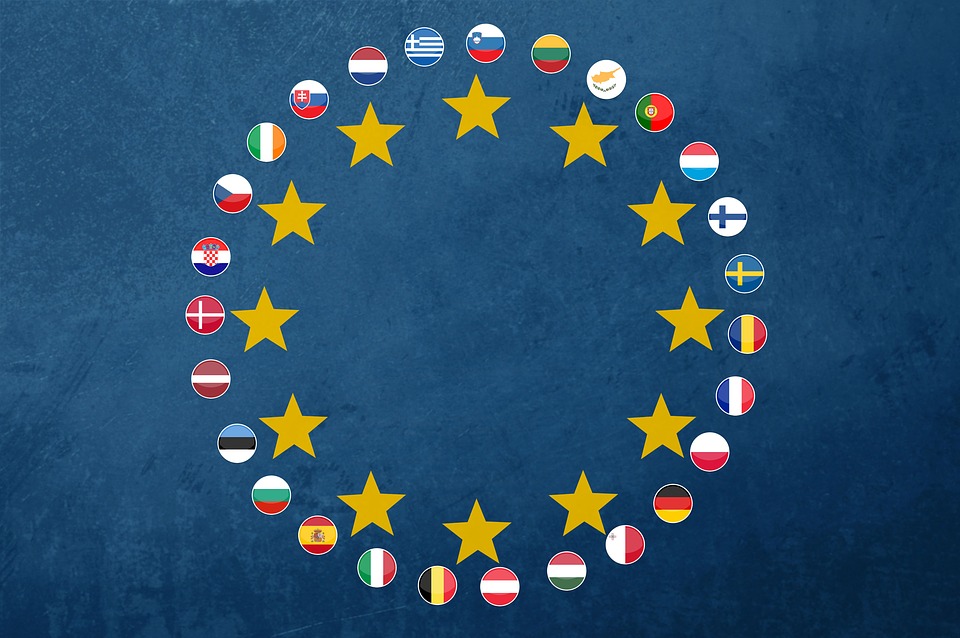In particular, Articles 11 and 13 of the new Copyright Directive harm the startup ecosystem in the EU, according to the signatories to the open letter.
On 26 or 27 March, the European Parliament will vote on the reform of copyright. In any case, the current version also contains controversial topics such as upload filter (Article 13) and ancillary copyright (Article 11). The ancillary copyright law stipulates that companies like Google have to pay publishers if they use their content in so-called “snippets”. The article 13 in turn includes the requirement that platforms such as YouTube must check content before uploading for copyright infringement.
Now, European tech entrepreneurs and startup founders have published an open letter calling on parliamentarians to vote against the two tricky points of the directive. Among others, Stefan Lingler, CTO finderly Gmbh, Harald Kapper, CEO of Kapper Network-Communications GmbH, Markus Raunig, Managing Director of AustrianStartups, Gerhard Sternath, CEO and CFO LINBIT HA-Solutions GmbH, Ajdin Gazija, CEO of NOBUGS IT GmbH , Alexander Nimmervoll, Managing Director of Generalize-IT Solutions OG, durchblicker.at CEOs Reinhold Baudisch and Michael Doberer, Vincenz Leichtfried, CEO of LV7 Media Services, and Josef Mayerhofer, Executive Director of WVNET, signed the letter.
Criticism of copyright articles 11 and 13
The text adopted by the Trialog would harm the European economy and strengthen Internet giants such as Google, according to the undersigned companies. It supports the goal of protecting the rights of publishers and creatives, but the proposed measures are inappropriate.
Article 13, in particular, is a pity for the core elements of the ecosystem on the Internet. Companies would be held responsible for the content on their platforms and thus forced to take appropriate technical measures and make legal decisions. Most companies would not have the resources to use appropriate filtering mechanisms. According to the authors, this technology has only the US giants: Domestic companies would, therefore, be forced to share their data with the US competition, which additionally strengthens it.
Article 11 also creates a whole new legal framework for intellectual property, the letter said. Previous experiences with ancillary copyright law in Spain and Germany show, according to the authors of the letter, that the expected positive effects are missing. However, the negative effects would be very likely: Another layer of legislation should make it difficult to comply with the legal requirements for new projects – accordingly, founders would be much more hesitant than before. Startups whose business model is based on aggregated data would have to lock up, according to the authors of the letter.
In sum, the authors said, the reform would create fewer startups and move more companies to third countries. Therefore, the parliamentarians should vote against Articles 11 and 13, it says in the letter.

